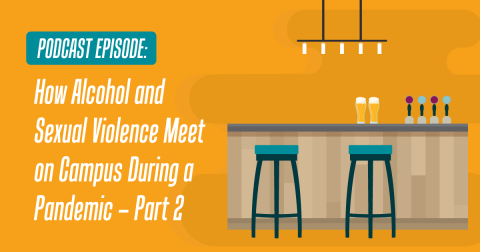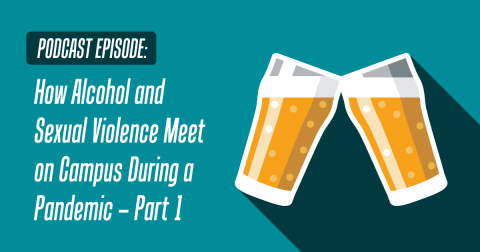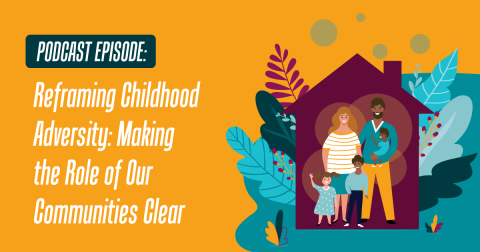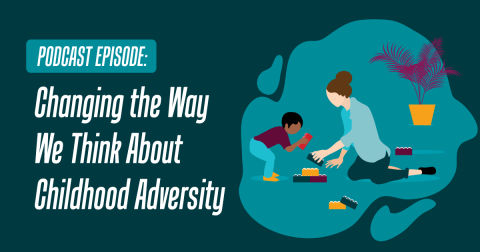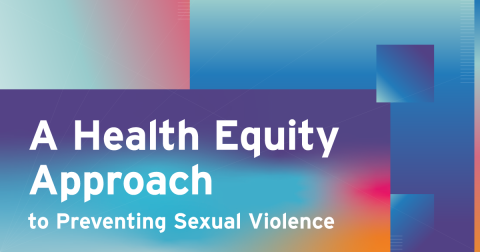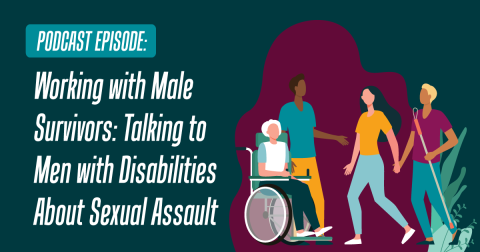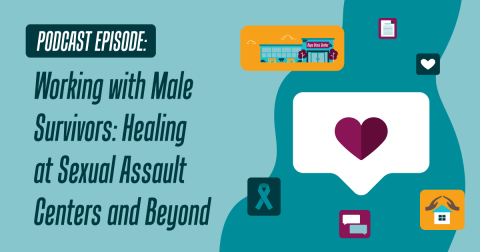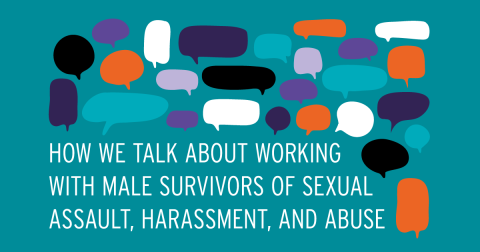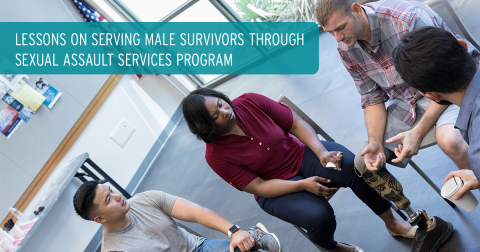The NSVRC collects information and resources to assist those working to prevent sexual violence and to improve resources, outreach and response strategies. This page lists resources on this website that have been developed by NSVRC staff.
- Julio 19, 2021
- Megan Thomas
In this episode, we continue our conversation with Dr. Elizabeth Anderson, Dr. Elise Lopez, and Dr. Mary Koss. Listen as we talk about the impact of sexual violence on women and how the COVID-19 pandemic has changed the dynamic of sexual violence on campus. Participants: Elizabeth Anderson, Ph.D, International Center for Research on Women Elise Lopez, Ph.D., University of Arizona Consortium on Gender Based Violence Mary Koss, Ph.D., University of Arizona Mel & Enid Zuckerman College of Public Health Chad Sniffen, Research and Evaluation Director at RALIANCE
- Julio 19, 2021
- Megan Thomas
In this episode, we speak with Dr. Elizabeth Anderson, a research scientist at the International Center for Research on Women with the Global Health, Youth, and Development team; Dr. Elise Lopez, the Director of the University of Arizona consortium on gender-based violence; and Dr. Mary Koss, a Regent's Professor at the Mel and Enid Zuckerman College of Public Health at the University of Arizona. Dr. Koss conducted the first national study of sexual assault among college students in the United States, which was the basis of the book I Never Called It Rape that was re-released in 2019. Join
- Junio 23, 2021
- Megan Thomas
Created in partnership with the Urban Institute, NSVRC, RALIANCE, and the Purple Campaign, this report highlights how employers have adapted to the new world of work following the onset of the COVID-19 pandemic. The report shares key statistics, emerging trends, policies, and practices that have been implemented by industry leaders to address harassment in the workplace.
- Junio 17, 2021
- Megan Thomas
On this episode, NSVRC’s Laura Palumbo and Sally J. Laskey continue their discussion with Dr. Julie Sweetland, Senior Advisor at the FrameWorks Institute, about her 2021 report, Reframing Childhood Adversity: Promoting Upstream Approaches. They share guidance on how to talk about community- and policy-level strategies for prevention. Participants: Laura Palumbo, NSVRC Communications Director, Sally J. Laskey, NSVRC Evaluation Coordinator Dr. Julie Sweetland, FrameWorks Institute Listen to Part 1: Changing the Way We Think About Childhood Adversity
- Junio 17, 2021
- Megan Thomas
How we think about adversity experienced in childhood matters. On this episode, NSVRC’s Laura Palumbo and Sally J. Laskey talk with Dr. Julie Sweetland, Senior Advisor at the FrameWorks Institute, about her 2021 report, Reframing Childhood Adversity: Promoting Upstream Approaches, and how it connects with our research on messages about preventing sexual harassment, abuse, and assault. Participants: Laura Palumbo, NSVRC Communications Director Sally J. Laskey, NSVRC Evaluation Coordinator Dr. Julie Sweetland, FrameWorks Institute
- Junio 16, 2021
- Emily Bigger
Sexual harassment, abuse, and assault can have short- and long-term physical, emotional, and psychological effects on a person’s well-being and impact an entire community, from the culture and connections between people to the economic toll. Preventing sexual violence means we all must address deep-rooted abuses of power that contribute to inequities in health, safety, and well-being. A health equity approach to preventing sexual violence means that we need to both understand and address the factors that contribute to violence and safety and factors that expose
- Junio 14, 2021
- Megan Thomas
Leigh Ann Davis and James Meadours join us for a conversation on working with male survivors of sexual assault who have disabilities. They talk about tools they’ve worked on like the Talk about Sexual Violence Project, which educates health care providers on how to talk to men with disabilities about sexual assault; what advocates can do to increase access to services; and more. Leigh Ann is director of criminal justice initiatives at The Arc of the United States, overseeing The Arc's National Center on Criminal Justice and Disability. James is a board member on Texas Advocates and a
- Junio 14, 2021
- Megan Thomas
Sharon Imperato and Jim Struve join us for a conversation on working with male survivors of sexual assault. They share their history of collaboration, approaches to working with male survivors, and sexual assault center services that support men in healing from sexual trauma. Sharon is the Project Director of Clinical Training and Technical Assistance at the Boston Area Rape Crisis Center. Jim is the executive director of MenHealing. Sharon and Jim are both also on the facilitator team at MenHealing. This episode was supported by Grant No. 2016-TA-AX-K035 awarded by the Office on
- Junio 09, 2021
- Emily Bigger
How we talk about sexual violence matters. Whether you’re describing your center’s services to a friend, talking with a classroom of college students about preventing sexual harassment, or writing your agency’s newsletter, the words you use have an impact on how audiences understand those topics. They also have an impact on who sees themselves as eligible for your center’s services. Because you want to raise awareness in your community that men experience sexual violence, and let men know that your sexual assault center is here to help, make sure your language
- Mayo 26, 2021
- Emily Bigger
A resource containing lessons learned from sexual assault services programs with comparatively high percentages of male survivors served with that funding stream. This resource is part of Working with Male Survivors of Sexual Violence.
Paginación
- Página anterior
- Página 12
- Siguiente página

